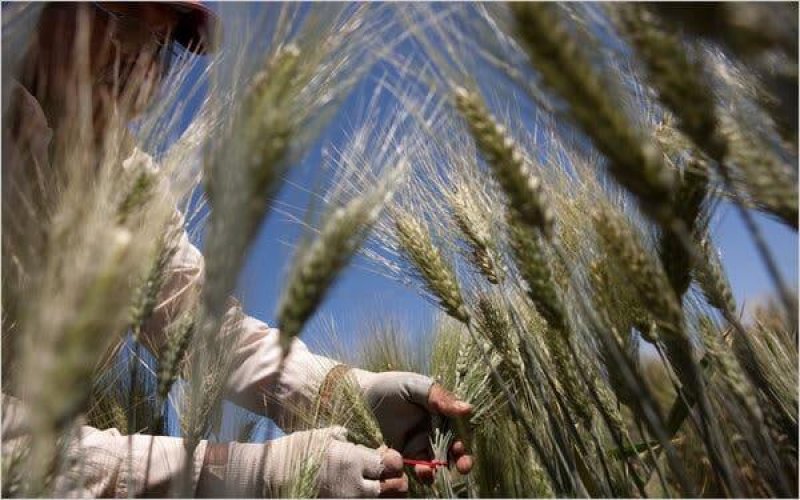It’s not enough to grow more food—humanity needs to grow more efficiently.
With an eye toward feeding the world’s growing population in a sustainable way, researchers from China and the U.S. may have found a clever solution—in the form of supersizing crops. Transplanting a human protein, known for promoting growth, into crops may engender larger, heavier and more bountiful plants, boosting agricultural yields by a whopping 50 percent, according to the new study in Nature Biotechnology.
…
The protein responsible for the plants’ extraordinary growth spurt is the human fat mass and obesity-associated protein called FTO. While its associated gene gets a bad rap for increasing one’s obesity risk, the researchers previously reported that the protein is important for regulating growth in humans and other mammals…. Essentially, FTO acts as a master “on” switch that ramps up widespread protein production across multiple RNA strands.
Despite its promise, genetic modification hasn’t been able to reliably amplify crops yields by more than 10 percent. Plant growth is complicated, genetically speaking—there simply isn’t one single gene to tweak. The study’s jaw-dropping percentage increases are amazing, almost unbelievably so, and other plant researchers recommend caution before getting any hopes up and ascribing more power to the protein.































